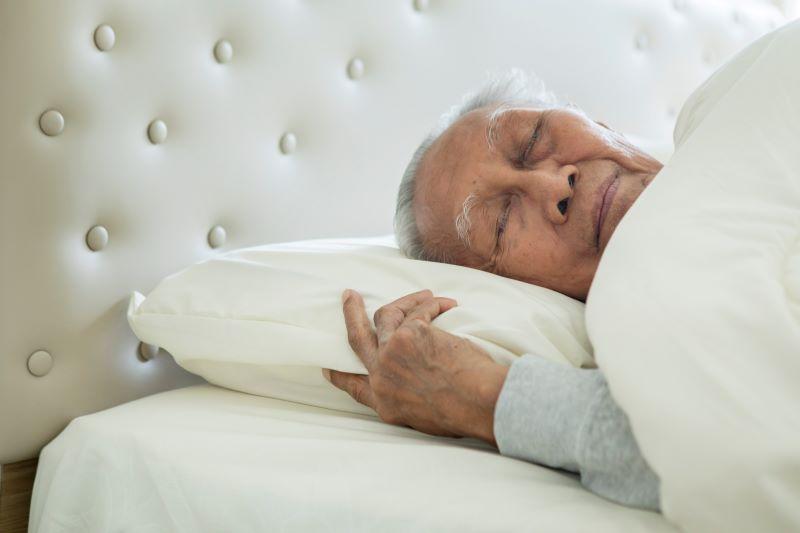
Just a little exposure to secondhand smoke may increase your risk for the heart rhythm disorder atrial fibrillation (A-Fib), a new, large study suggests. People who have A-Fib, the world’s most common heart rhythm disorder, are five times more likely to have a stroke than their healthy peers. While passive smoking has been linked to… read on > read on >


















